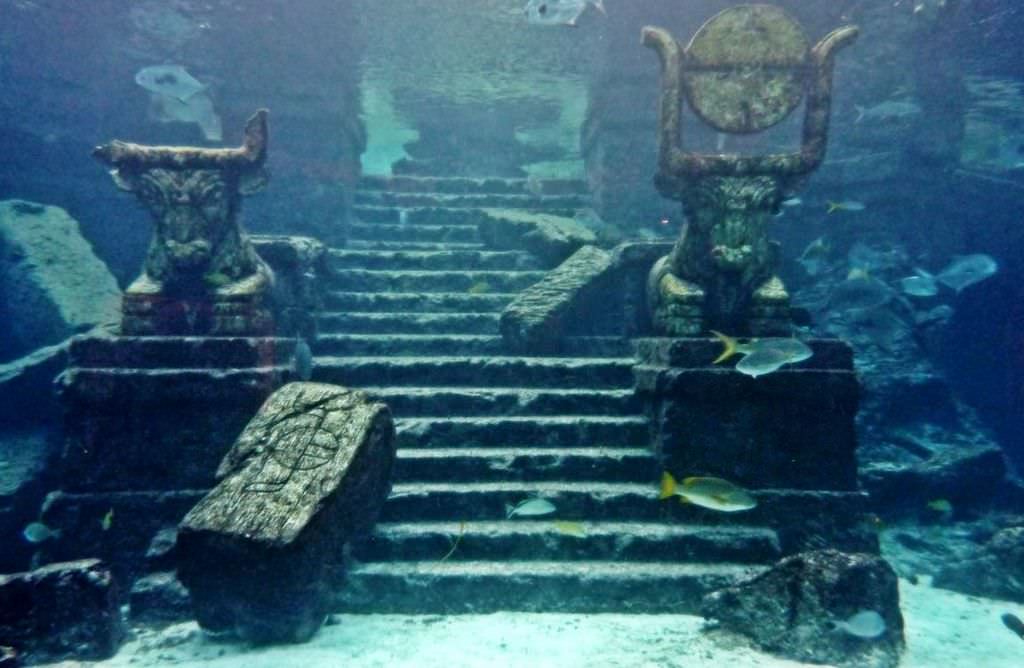The City of Atlantis
- lost beneath the waves to a massive natural
cataclysm some 11,000 years ago. We know very little of Atlantis, in
fact were it not for the writings of the Greek philosopher Plato we
might not have encountered it at all. Plato, recounting a story he
heard as a child, described a huge metropolis, rich in fine art,
architecture and culture. The city was destroyed in the space of a day
and a night, sunk beneath the waves for eternity by a massive natural
cataclysm. For thousands of years the tale remained an obscure yet
tantalising fable until an American by the name of Ignatius Donnelly
reignited the idea, bringing it to worldwide attention and sending
archaeologists and trophy hunters alike across the globe in its wake.
Proof of an ancient city.
Annunaki, Giants, Nephilim
What are these ancient ruins in the sea and what about the old myths?
Could they be true?
GRAHAM HANCOCK
Atlantis Reborn Again
Horizon puts Graham Hancock's controversial theories about the past to
the test, dissecting his evidence for a lost civilisation.
Although
scientists believe they have categorically disproved the myth of
Atlantis, the idea is more popular now than ever before. The latest
exponent of the theory of a single lost source for all civilisation, is
Graham Hancock. Although he doesn't call it Atlantis, his compelling
ideas about a sophisticated society destroyed in a flood 12,000 years
ago seem to be based on a reworking of the original Atlantis myth, whose
survivors brought culture, religion, monument-building and civilisation
to the rest of the world.
Graham Hancock offers
various pieces of evidence to support his theory. He claims that the
mysterious lost civilisation left its mark in ancient monuments, which
he calculates were built to mirror certain constellations of stars. His
hugely popular ideas have attracted such a wide audience that they stand
to replace the conventional view of the past, which is based on
scientific evidence that the civilisations of the ancient world were
developed independently, by different peoples, on different continents.


No comments:
Post a Comment